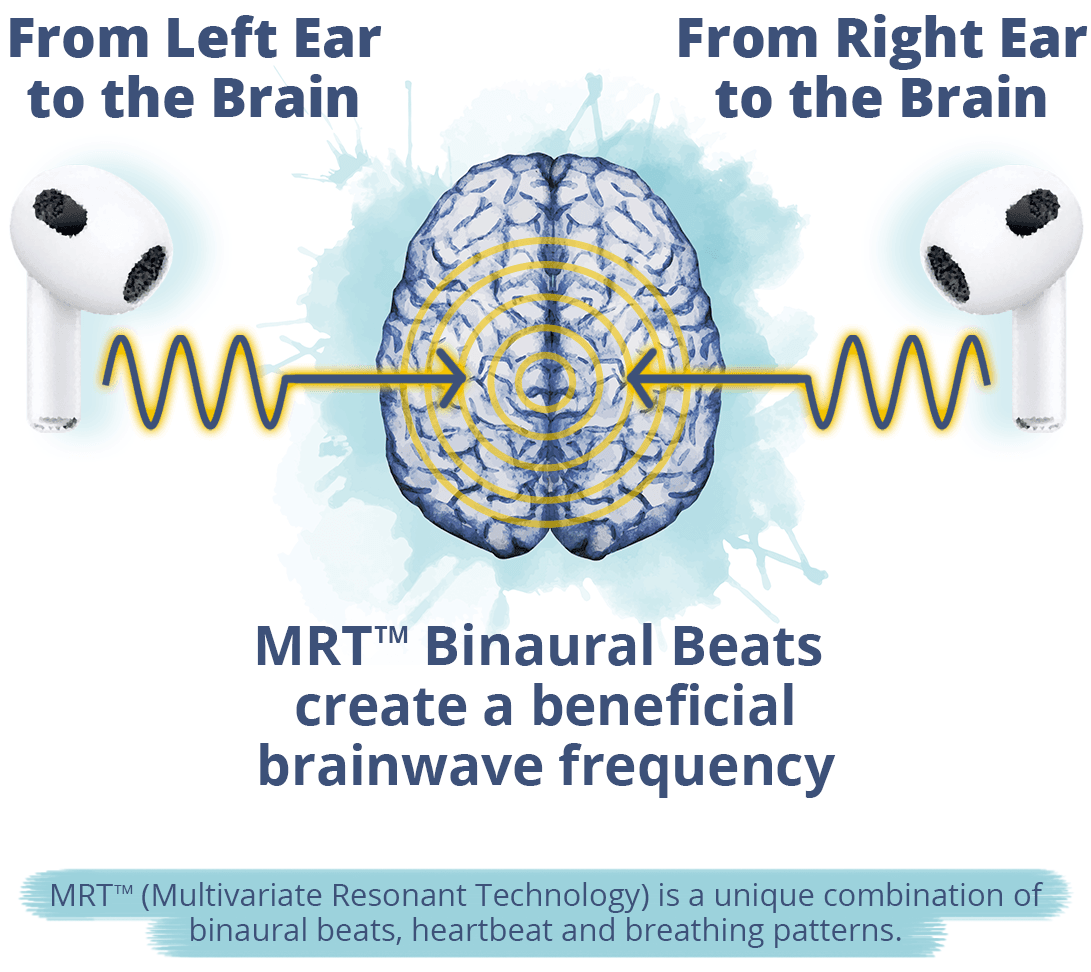The concept & practice of mediation dates back centuries as it has grown in popularity due, mainly in part, because individuals find benefits from its influence over our physical bodies (including our immunity), mental processing capabilities, as well as overall spiritual growth & wellness.
The impact on reducing stress and anxiety and assisting those suffering from chronic pain are just a few examples of where regular meditation use begins reaping positive results. This is proven through experience. Science has begun showing that mindfulness has powerful effects on both the body and mind.
It’s important to note that despite its association with Buddhism, these same advantages can be attained regardless of religious affiliation or background, as it only requires a few minutes each day to experience results.
Here are some of the benefits of meditation.
It increases feelings of pleasure.
Meditation increases pleasure by helping you savour the small, everyday joys we all take for granted.
The regular practice of meditation supports us in cultivating a heightened level of awareness towards both our bodies and the world surrounding us.
A crucial component of maintaining healthy emotional well-being involves managing stress levels proactively. With so many challenges that arise in everyday life, it’s essential to cultivate coping skills that help us maintain balance. Engaging in enjoyable pastimes or indulging in self-care practices can have an uplifting effect on mental health and contribute to improved overall wellness over time.
Meditation increases feelings of pleasure because it helps you to focus on the present moment, which is a state of contentment.
By focusing on the present moment, we can stop any distressing, anxious or worrying thoughts and experience sheer happiness.
One of the mental health benefits of meditation is that it regulates stress.
Taking in several workloads, personal challenges, or daily struggles can all result in excessive amounts of stress that affect not only our minds but also lead to physical discomforts.To prevent these consequences from occurring, it’s important to prioritise self-care activities that integrate into daily routines, such as meditation or exercise.When you’re less stressed out about things that happen in your life or that you worry about regularly (like work), you are less likely to get sick—and if you do catch something from someone else who isn’t feeling well, meditation can help keep your symptoms milder than they might otherwise be.
Research has shown that meditation reduces inflammation by allowing us to breathe correctly instead of holding onto unhealthy habits like gasping or sighing too often during stressful times.
It reduces feelings of depression and improves emotions.
Depression can affect your life daily. Symptoms can include chronic sadness, feelings of hopelessness and anxiety. In addition to other treatment options, meditation can help reduce feelings of depression and improve emotions for those who practice it regularly.
Meditation can help with anxiety disorders. For example, research suggests that meditation could help with a generalised anxiety disorder (GAD).
Furthermore, research has revealed promising discoveries concerning the advantages of practising meditation for individuals who are struggling with post-traumatic stress disorder (PTSD).
Meditation practitioners have reported experiencing fewer harmful thoughts and emotions, which could lead to decreased anxiety levels over time.
One commendable benefit of engaging in meditation is acquiring the skill to govern and control one’s mind. With effort and practice, anyone can learn to regulate their thoughts and emotions.
Gaining proficiency in this skill holds tremendous value as it grants one the power to control their own mind. This makes it significantly harder for any negative external influences or other people’s beliefs to impact them.
It also allows us to focus on what is in the present. We instead limit worrying about the past and stop the fear of what might happen in the future. It’s common for individuals to succumb to negative self-talk patterns. Negative statements like “I’m never going to find a partner” or “I always mess things up” can consume our minds and cause feelings of insecurity.
By focusing more on this moment, meditation gives us more control over our thoughts and emotions so we can let go of those negative stories when they arise instead of believing everything we think about ourselves!
It reduces age-related memory loss.
Multiple research supports the notion that meditation can elevate one’s memory capacity and facilitate a sharper concentration ability. [1] [2]
Meditation trains your mind to concentrate on one thing. Focus on one thing helps avoid getting distracted by other thoughts. Meditation helps the brain focus on one thing at a time, a skill that becomes less common as we age; it’s called age-related memory loss (or ARML) and affects many adults over 65.
In addition to helping us pay attention better
overall, meditation also helps us retain information better when we do have distractions around us—like when we’re in school or work environments where there are lots of things going on at once (or even just hanging out with friends).

It allows you to practice mindfulness.
A formal meditation practice done daily is the ideal way to facilitate mindfulness.Mindfulness is a versatile practice. Its essential nature involves being mindful or intentionally observant while exhibiting compassion in the present moment without allowing intrusive thoughts to distract.While some people find it helpful to sit down each day for 20 minutes with no distractions (like music or TV), others may prefer longer sessions broken into smaller chunks of five minutes or less throughout their day.Meditation is something that nearly everyone can benefit from practising.
To clarify any misconceptions, meditation should be acknowledged as neither a religion nor a belief system. Its ultimate aim centres on honing cognitive abilities and strengthening the mind through regular practice.
To clarify any misconceptions, meditation should be acknowledged as neither a religion nor a belief system. Its ultimate aim centres on honing cognitive abilities and strengthening the mind through regular practice.
Meditation can be done anywhere and anytime—on the subway or in your cubicle at work!
In my case, when I practice meditation, I often listen to music or sounds to focus. There are a lot of music or sounds available to help. An example is Zen Harmonics Deep Relaxation.
Meditation has been shown to help improve your health and well-being:
- Your brain will thank you for it because meditation helps build new neural pathways in the brain that increase focus and attention span.
- You’ll also learn how to relax more efficiently by learning how to breathe deeply when stress strikes (and as we all know, stress strikes).
- Finally, it helps improve sleep quality by reducing insomnia and snoring issues—which means you may sleep better too!
Conclusion
Meditation has numerous benefits, which explains the reason why many individuals have embraced this practice.
It’s free, easy and accessible for everyone—and there are many different styles available depending on what kind of experience you want from it.
With all these reasons to practice, we hope you will consider incorporating meditation today!






0 Comments